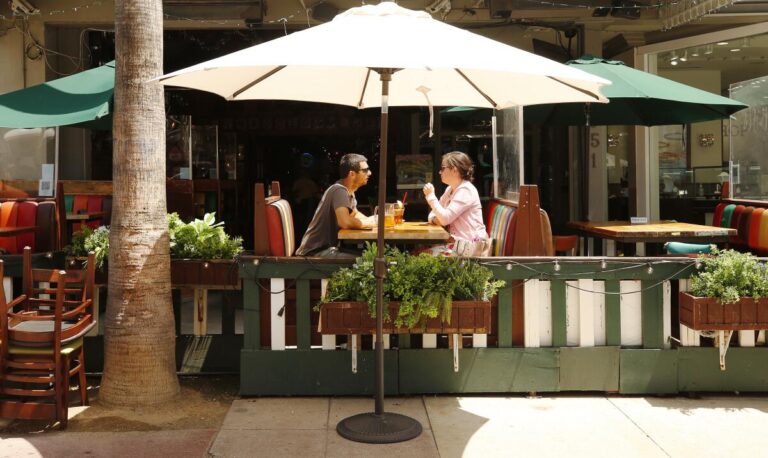A new California law going into effect on July 1st will have major implications for restaurants across Los Angeles and the whole state. SB 478, known as the Consumer Legal Remedies Act, bans businesses from advertising prices that don’t include all mandatory fees and charges. This means the common practices of tacking on service fees, health and wellness fees, or automatic gratuities will essentially become illegal. The law is aimed at preventing businesses from misleading consumers about the true costs of their services. But for LA’s massive restaurant industry, the change could significantly impact pricing structures, profits, and worker compensation. In this article we talk about Big Change for L.A. Restaurants, Mandatory Fees and Surcharges Must Go by July 1.
What Fees and Surcharges Are Now Banned?
According to guidance just released from the California Attorney General’s office, the junk fees ban applies to any mandatory fee or surcharge that restaurants layer on top of their listed menu prices. This includes:
- Service fees
- Health and wellness fees
- Automatic gratuities or tips added to the checks of large parties
Essentially any fee that is not voluntary or disclosed upfront in the advertised menu prices will be prohibited. Restaurants can technically still have these fees in spirit, but the total prices shown to customers must reflect their full cost.
Why Do Restaurants Rely on Separate Fees?
Extra fees like service charges and kitchen appreciation fees have become more commonplace in LA restaurants over the last decade. For many operators, these fees help offset rising labor costs in a low-margin industry. Restaurant workers in California are entitled to regular minimum wage pay versus the lower tipped wage in most other states. Paying cooks and dishwashers a living wage on top of rising rents and food costs has squeezed profits. Service fees up to 4% or more of the check have helped bridge the gap.
Additionally, automatic gratuities provide some guarantee that servers will take home tips when dealing with large parties that require more work. Some controversial restaurants like Jon & Vinny’s have faced lawsuits from employees alleging that service fees were withheld from workers’ pay. The new law aims to add transparency so customers better understand where their payments are going.
What Are the Implications for Restaurants?
With these mandatory fees now banned, restaurants will likely have to raise their posted menu prices across the board. Servers and kitchen staff will need to earn their full compensation through higher food and beverage prices rather than separate surcharges. Establishments that have come to rely on service fees to subsidize labor costs will take a hit to their bottom line. Smaller profit margins could end up getting passed along to customers through increased prices.
There may also be an impact on how service staff get compensated. Without automatic gratuities, servers working large parties may see their tip income decline. On the other hand, the law should funnel any mandatory fees directly to workers rather than allowing restaurants to use that money for other costs. So workers could potentially see an increase in take-home pay.
How Will the New Law Be Enforced?
The California Department of Justice is still working out enforcement mechanisms for the fee ban. But any restaurant that ignores the new rules risks facing lawsuits from private consumers rather than just government regulators. Expect disgruntled diners who feel misled by hidden charges to take action. The state government may also conduct investigations and audits of restaurants suspected of violating the pricing transparency requirements.
The restaurant industry has voiced objections to the ban, claiming it exceeds legislative intent. But unless the courts intervene, the AG’s guidance will stand and hidden fees will need to disappear. That means Los Angeles restaurants have just a couple months to rework their pricing and compensation models before the July 1st effective date. Expect to see higher menu prices along with fewer confusing fees tacked on during your next restaurant outing. I sincerely hope you find this “Big Change for L.A. Restaurants, Mandatory Fees and Surcharges Must Go by July 1?” article helpful.

Julio Figueroa is a seasoned chef with over 12 years of experience in fine dining. He holds a degree in Culinary Arts from Le Cordon Bleu and is passionate about culinary innovation. As the lead contributor to chefdecuisinelosangeles.com, Julio shares his expertise and unique recipes with food enthusiasts. Connect with him on Instagram for more culinary inspiration.

